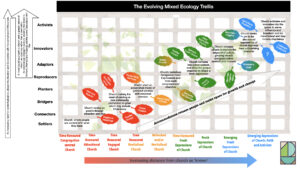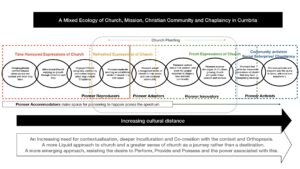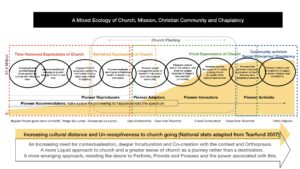I wanted to write about what I’m observing in the Queens passing. This remarkable woman won me over, her dedication, faith, life of service was inspiring. She hasn’t turned me into a royalist or an advocate of the monarchy and that’s ok, it’s entirely possible to feel more than one emotion at the same time. In my case feeling a deep grief at the passing of a wonderful inspiring figure and feeling grieved that how the process has drowned out voices calling for greater equality at a time of such need. These mixed feeling are accompanied by a sense of bewilderment at how strongly the soft power implicit in cultural hegemony* is being played out so that any alternative voice is shouted down, arrested or demonised.
Obviously at times those dissenting any dominant system are subject to critic, and at times like this it is easy to write off dissenters, especially when the language used is abrupt and inconsistent with the grace needed by those feeling a sense of grief and loss. But never in my lifetime has there been a greater need to address the gap between the rich and poor. The cost of living crisis will never be solved by the crumbs from tables of the rich but only by overturning the tables. Just think about how we saw huge increases in the price of petrol and diesel that a few years sparked protest but now are just accepted. We are about to see the same thing happen with gas and electricity. In part it is cultural hegemony that enables this. The momentum built by valuing key workers during lockdown, and conversations that were just beginning to posit alternative ways of being, the strikes for living wages that were supported by the populace have all been hijacked by a narrower narrative that says we cant feel more than one thing at the moment, we can’t have a conversation about the injustice at the same time as grieving the loss of someone important and loved by so many people.
So we are going through a reinforcement of cultural hegemony like never before, and Liz Truss’ proposed tour with the new king is just the start, that if we don’t find a way to have a better conversation will keep the poor poor, make the rich richer, see pensioners dying in their own homes, kids go to school with empty bellies, while we sleepwalk into a new an era where nothing has really changed except a figurehead at the top.
if you’re not sure what cultural hegemony is or how it works visit HERE




